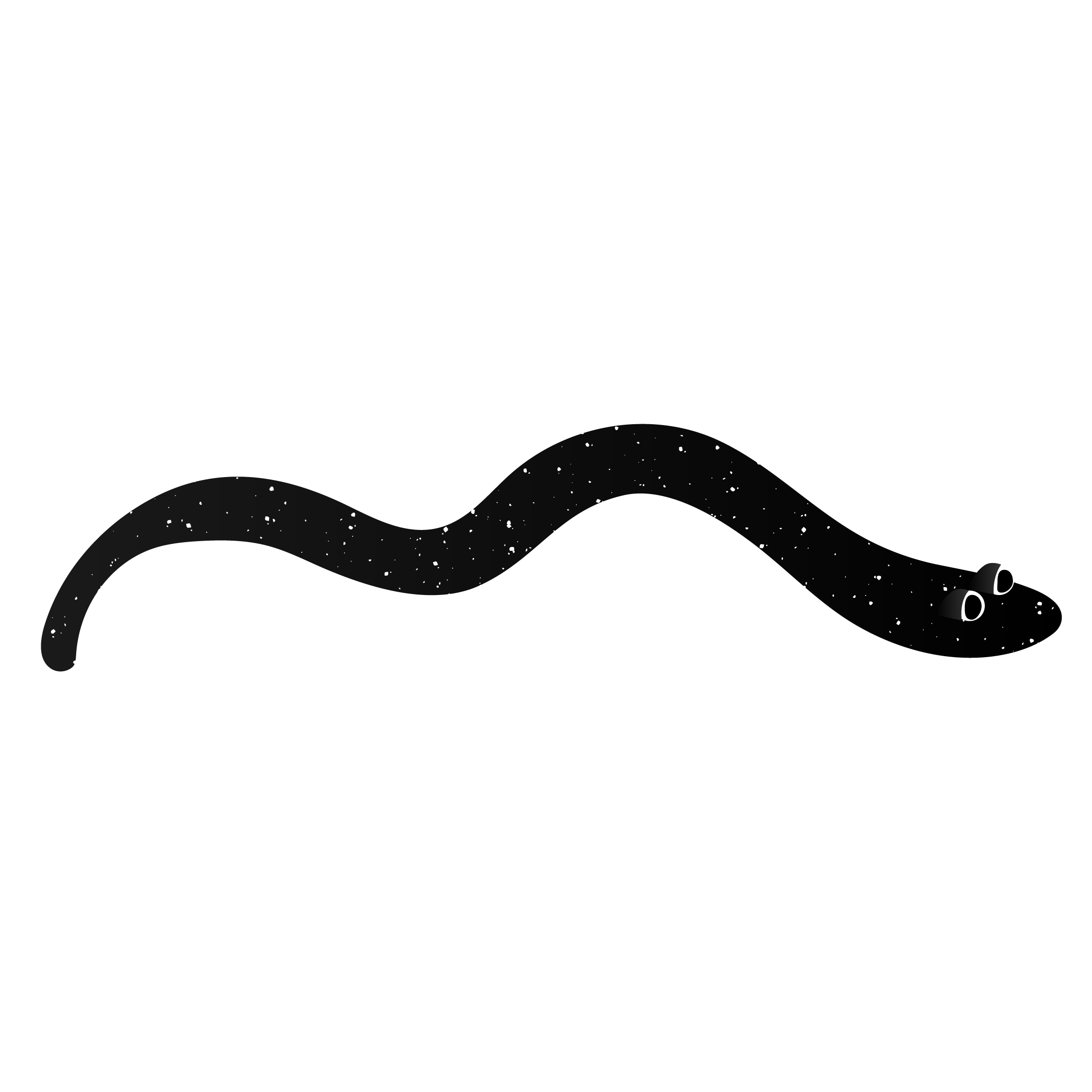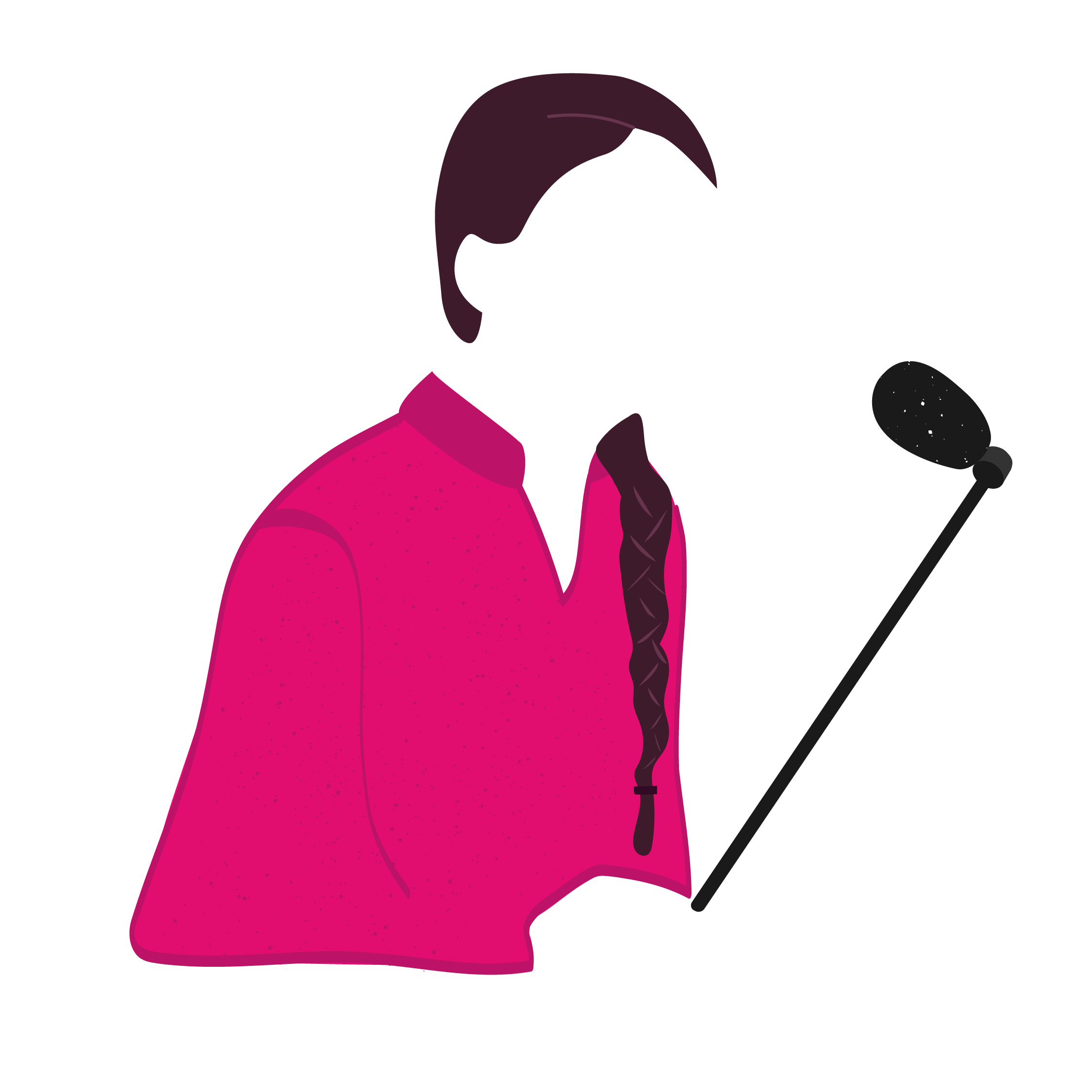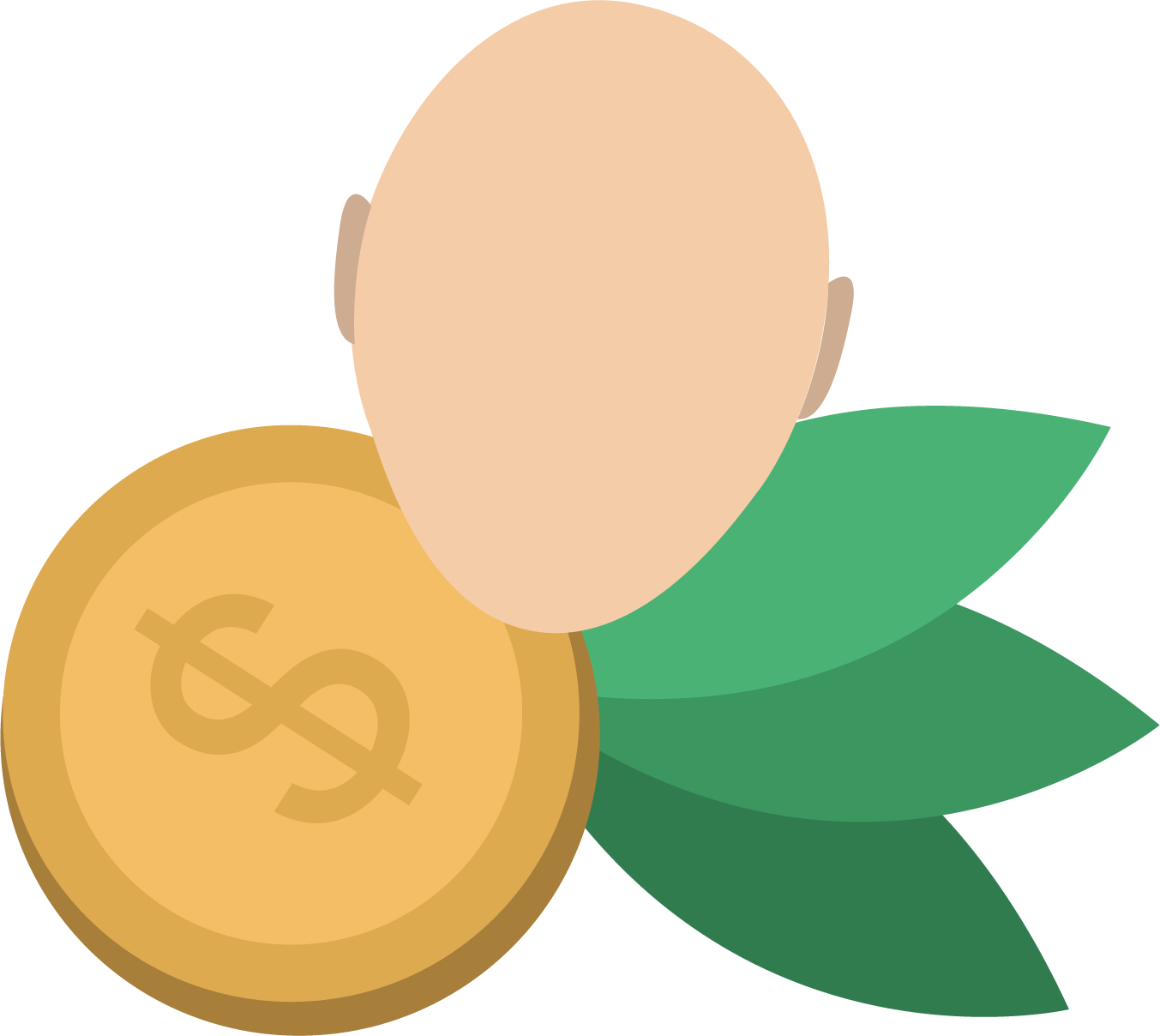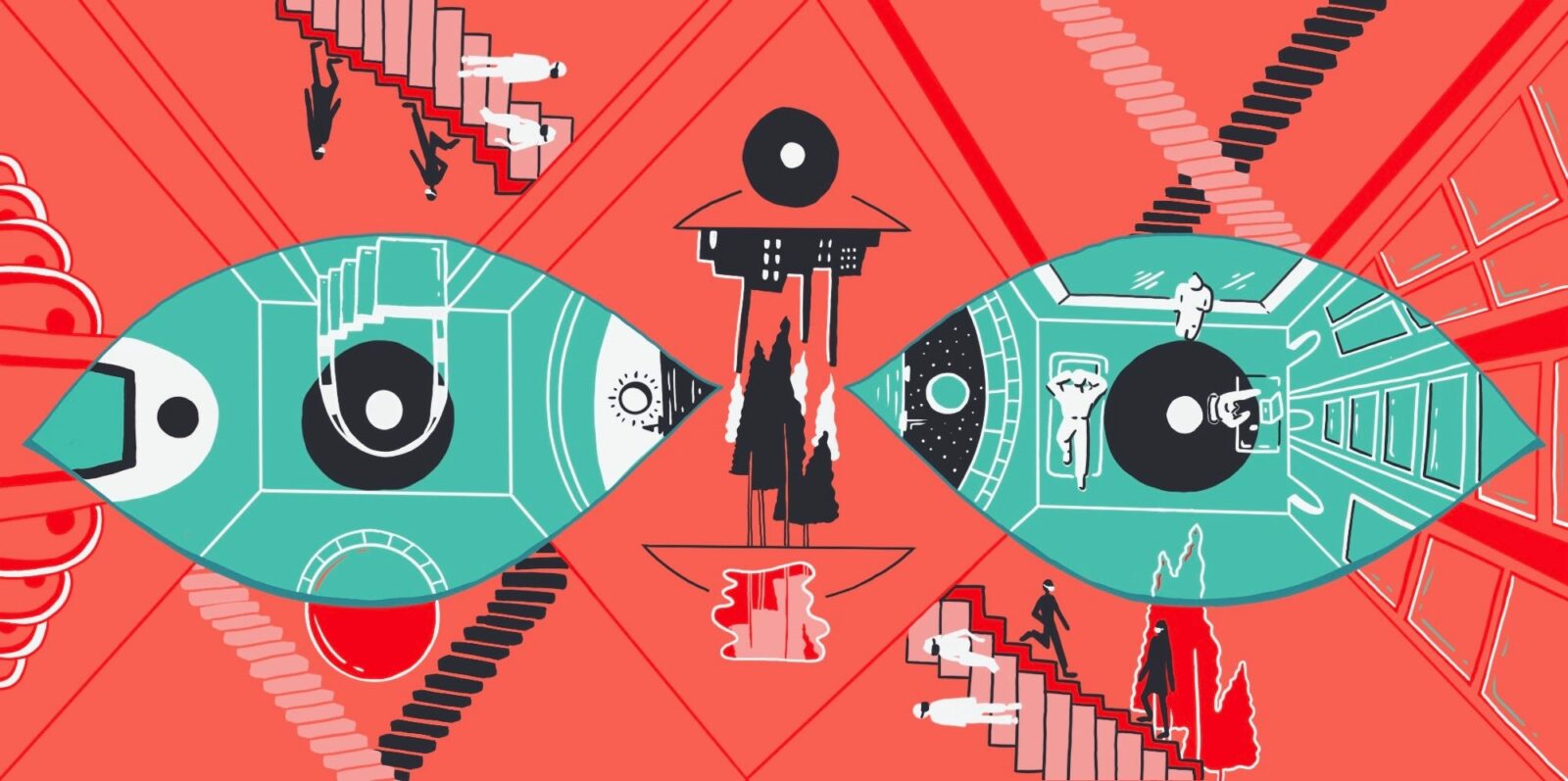New ways of doing business during the “new normal”
Published in ATÖLYE Insights · 8 min read · July 2, 2020
What steps can businesses take to create more sustainable models while transitioning to the new normal?
Author: Gülin Ölçer (gulinolcer) - Lead, Business & Brand Strategy, ATÖLYE Editors: Ali Özgür Arslan, Melissa Lara Clissold In-text visuals: Aleyna Tezer
Since the COVID-19 coronavirus has taken over the world, we have been talking as if the world of smoke and mirrors has suddenly lost its spell and as if we have discovered an unknown secret of the universe. It seems we have only just noticed the global economic system that has been around for centuries, as well as its impact on society and ecology at large. In a sense, "the worm has turned."

Yes, the world is a place where there is extreme income inequality.
Yes, the rate of consumption has reached a point where the earth's resources cannot sustain it.
Yes, new generations are aware of all this, and they are insistent on rejecting the status quo.
So, it is clear more than ever: We need a new system.
Transition to a new system had already begun - for those who wanted to see it. For some, the worm had turned long ago.
You've certainly heard some of these before:
The United Nations Sustainable Development Agenda and Goals, Elkington's Triple bottom line framework, the Circular Economy model championed by the Ellen MacArthur Foundation, Kate Raworth's Doughnut Economics model, the Degrowth movement, and many others...
Whichever theory or school of thought appeals to you, there is a common proposition:
The need for economic development to sign a peace treaty with its two biological siblings;* "natural resources," and "global social welfare."
Prior to the pandemic, there were steps taken on every level to sign this peace treaty. Each day saw more practical uses of an economic model that respected nature and people. Let's take a look at a few recent examples:
- Founded in 2018 with the coalition of companies like P&G, Nestle, Walgreens, and the Recycling company Terracycle, Loop Store began offering a new business model that rejects single-use consumables. With specially designed and produced reusable packaging, a home-delivery network, and a reliable cleaning process, the platform paved the way for a system that would minimize waste of household goods on a global scale. Prior to the pandemic, the platform was already operational in the U.S., France, and the U.K., with plans to expand to Germany and Japan.
- The French startup Lizee stood out as a more radical business model. The company serves as a platform to promote a "rental" model for the fashion industry as an alternative to the linear "take-make-dispose" model. Since 2019, Lizee has been working with VF Corporation and Decathlon.
- In Turkey, Unilever sites have held "zero non-hazardous waste to landfill" status since 2013. In 2017, all Unilever sites achieved the status, saving the company 200 billion euros globally. Thanks to this program, Unilever managed to set a global example in closed-loop production systems.
Despite these, and countless other positive examples creating jobs and forming economic systems that respect the environment, actions taken to combat climate change had yet to reach a level that would create meaningful change. All we have to do is remember that unforgettable image of Greta screaming "How dare you!" with blushed cheeks that matched her pink shirt.

But March 2020 became a breaking point. We were all introduced to a global pandemic and businesses began to feel the urgency of being more respectful - as the necessity breathed down the back of our neck.
The COVID-19 is an experience that affected all of humanity in one way or another - one that had everyone waiting breathlessly as if to watch Armstong taking his first step on the moon, albeit one that, unfortunately, evoked completely opposite feelings.
Thanks to this collective experience, we felt something we perhaps hadn't felt in the history of mankind since the age when we all lived in small colonies. We began to feel worried, not just for ourselves, but for the neighbor we greet once in a while, the bagel vendor on our street who's a stranger to us, or even a doctor in a hospital at an unknown location.
Ours was an exercise in empathizing and making decisions that consider other parts of the system. We wore masks and stayed home for ourselves, our country, and the whole world.
When we stayed home, our consumption decreased, and the wheels of the economy began to slow down. Although there are countless different scenarios to predict the future of local and global economies, the pandemic was essentially a time for consumers to "withdraw into their shell."
During this period of withdrawing into our shell, consumer habits began to take new form. Some disadvantaged segments retreated to the lower levels of Maslow's hierarchy of needs, fighting for their survival. For most of society, the use of digital outlets hit an all-time high. There was increased support for local production from our own neighborhood or country. It forced us all to think about what we truly need, take a pause from the madness of consumption, and think twice before making a purchase. In light of these new consumption habits and preferences, companies also began to reevaluate their value proposition and business models.
With the metamorphosis of consumer habits and the value chain, we will encounter practices at every scale, from small to large, that ensure a balance of planet-people-profit.

Real benefit
Bearing in mind that its users would be experiencing difficult times due to COVID-19, Netflix decided to cancel auto-pay for accounts that haven't been active for 1 year or more. In Turkey, Arçelik initiated the "Elderly First" campaign, which prioritized at-home services for customers over the age of 65 impacted by the lockdown. As we transition to the new normal, brands that do a good job of determining their customers' current condition to generate value will continue to thrive.
Shopping local
We're at a global trade standstill that started with the disruption of global supply chains and held through the ban on international travel. More and more, consumers want to support local economies that have been negatively impacted. We will see products procured from local brands, non-monetized exchanges being made within local communities, or a revival of old-school bartering.
Product-as-a-Service
The Netherlands-based Bundles doesn't sell washing machines; it rents them. Using Internet of Things (IoT) technology, the company monitors the frequency and settings of users running their machines to implement custom pricing. As a result, users get clean laundry instead of the materials used to manufacture each washing machine (think of all those kilograms of steel and plastic) - and they do so at a much lower price. There will be more "Product-as-a-Service" business models - like those that have been popping up frequently in the automotive industry - which prioritize access to value over product ownership.
Reuse & Repurpose

Baking pink bread out of unsold dragon fruit, a bakery in Vietnam not only helps to meet increasing demand for bread but also takes advantage of the "Purple Cow" marketing technique to generate a long line of customers in front of the store. We'll see more companies create products that society needs by repurposing their inventory that went unused due to the disruption in supply chains and consumer demand.
Sourcing sustainable materials
U.K. supermarket chain Lidl began to produce food packaging by recycling plastic that would otherwise have collected in the oceans of Southeast Asia. The number of companies opting for recycled or biodegradable materials along their supplier chains is - and will continue to be - on the rise.
Shifting to renewable energy
As the ongoing gas crisis collides with COVID-19, there may be an interruption to the supply and pricing of renewable energy, but this won't impact the increasing demand for renewable energy in the grand scheme of things. We will see the use of natural energy sources become increasingly prevalent in different industries, from manufacturing to education, automotive, and packaging.
COVID-19 might have brought a slew of problems along with it, but - to look on the bright side - it also allowed our economic, ecological, and social problems to surface as never before.
It is hopeful to think that new ways of doing business-which respect both nature and people-will flourish, and existing ones will thrive. What's more, we have a great number of theories to explore, an abundance of successful practices to inspire us.
What we have to do is acknowledge that we have collectively embarked on a "new normal way of being" as both consumers and businesses, and have started to open our minds to new ways of doing business.
Given all, it is understandable if this piece leave you with more questions and doubt as to what the new normal is or could be. One important reason is that the cases listed above are far from constituting the norm - and it is evident that these won't become the norm in an immediate future.
The phrase "new normal" connotes a "steady-state" and this can be misleading. In fact, norms are set in a wide spectrum and are as varied as the number of societies or communities in the world.
There is no single "new normal," instead, there are mindsets that evolve in a spectrum.
*Economics is an abstract phenomenon that enables the society's wheels to turn. It is also one that is a direct by-product of the society or natural habitat in which it exists. In this respect, it would be appropriate to call economics, people, and nature "biological siblings" considering that these three have shared DNA.
